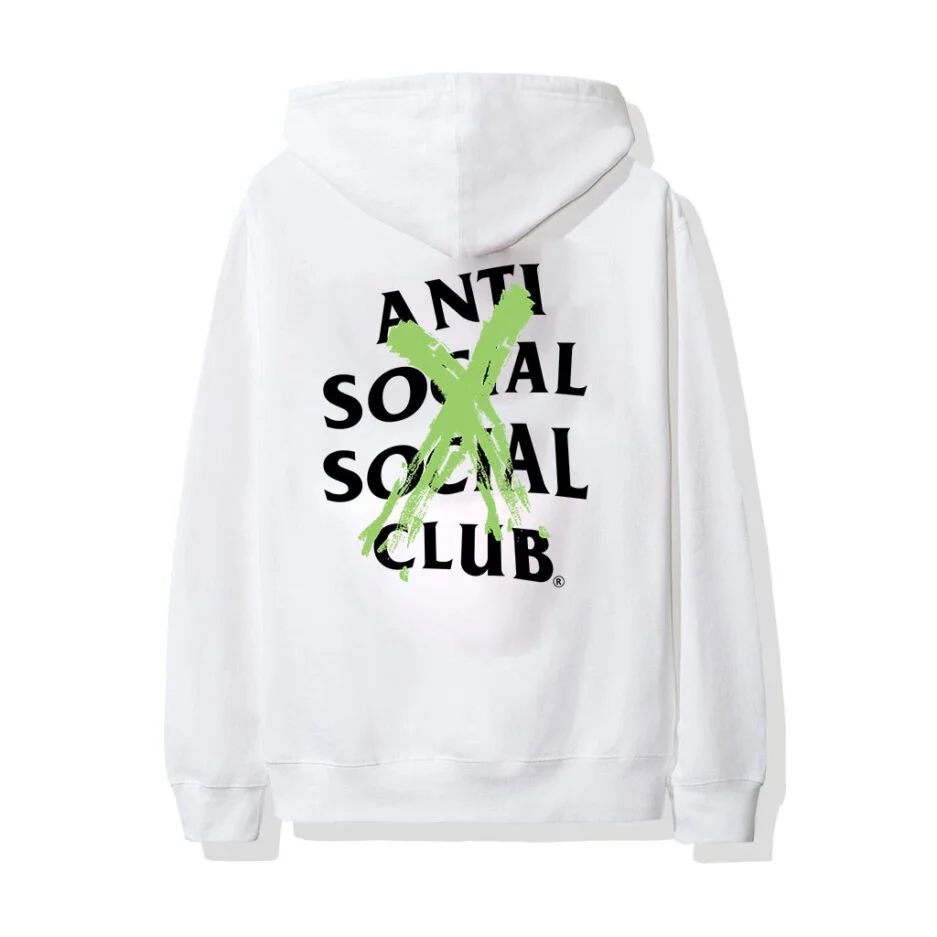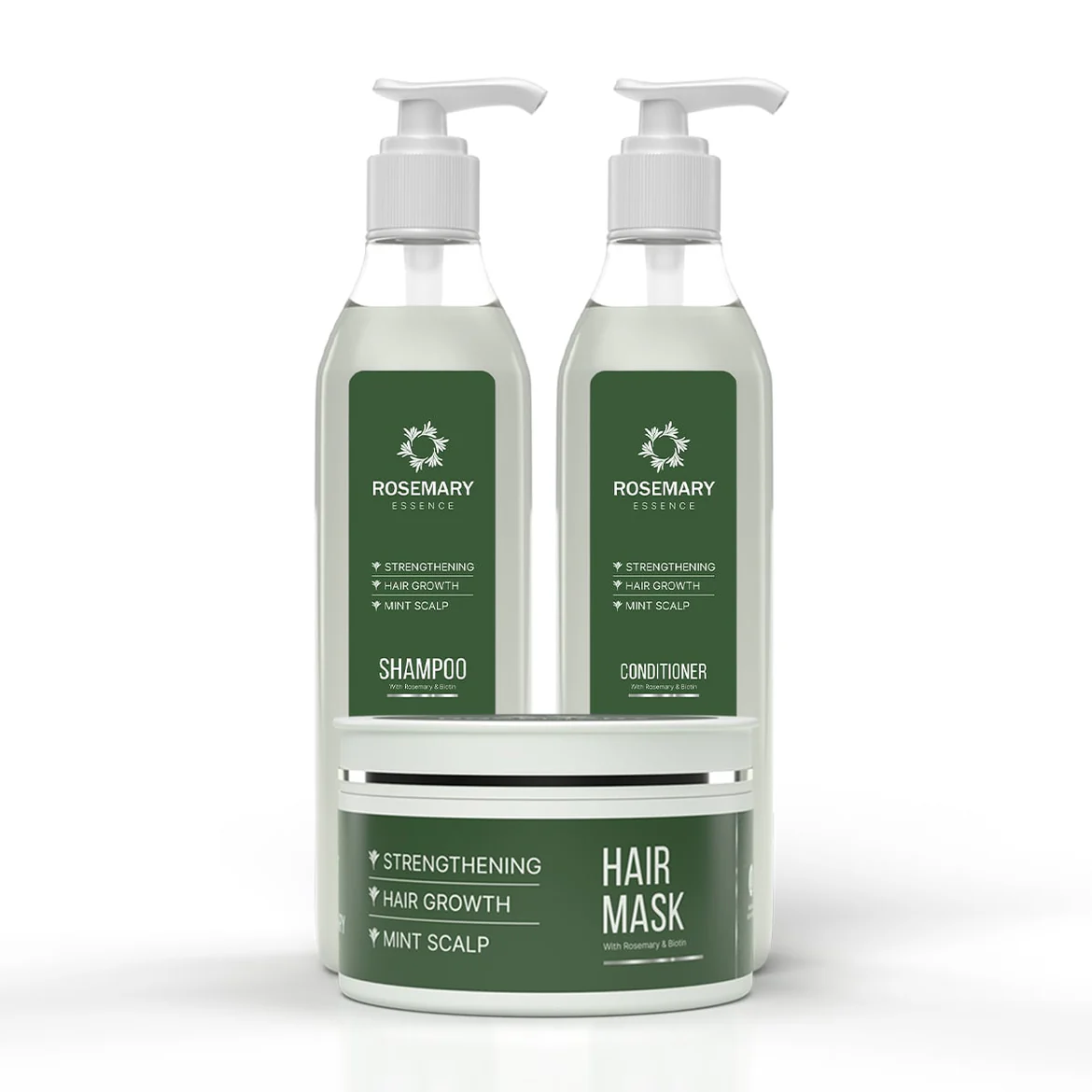Introduction: The Paradox of Popularity
Few streetwear brands spark as much debate as Anti Social Social Club (ASSC). Launched in 2015 by Neek Lurk, this brand has evolved from a Tumblr-born experiment into a global cult phenomenon. Its sudden rise, emotionally charged branding, and elusive product drops have made it a staple among hypebeasts. But while its marketing has been undeniably brilliant, ASSC’s customer service and delivery issues have stirred a storm of criticism. So, is Anti Social Social Club a marketing genius or a retail disaster? Let’s explore this complex dynamic.
The Rise of the Anti Social Social Club Brand
From Tumblr Post to Streetwear Icon
Neek Lurk, previously associated with Stüssy, founded ASSC with a simple pink hoodie and a heavy dose of existential angst. What started as a meme-laden social experiment quickly turned into a global streetwear sensation, thanks to Lurk’s understanding of internet culture and emotional relatability.
ASSC didn’t follow traditional fashion marketing. Instead, it leveraged:
- Emotional resonance in its messaging (depression, alienation, detachment)
- Social media virality, especially on Instagram and Reddit
- Celebrity endorsements (Kanye West, Kim Kardashian, BTS, and others)
The brand’s minimalistic design, melancholic tone, and mysterious aura struck a deep chord with Gen Z and Millennials, especially those immersed in internet culture.
Scarcity, Hype, and Drop Culture
A Masterclass in Limited Releases
Anti Social Social Club adopted the “drop model” popularized by Supreme. By releasing products in limited quantities at irregular intervals, they created:
- Artificial scarcity
- Urgency among consumers
- Increased perceived value
Customers would often wait months for the next drop, knowing it could sell out in minutes. This strategy not only created massive hype but also made every purchase feel like a trophy.
The irony? Even the dissatisfaction added to the mystique. The more chaotic the brand seemed, the more it aligned with its “anti” persona. It became less of a fashion label and more of a social statement.
Customer Complaints: The Ugly Truth
Delayed Shipping and Lack of Communication
Despite its success, ASSC has been plagued with complaints related to:
- Shipping delays (ranging from weeks to even months)
- Lack of tracking updates
- Unresponsive customer service
Forums and review platforms like Trustpilot and Reddit are flooded with horror stories from customers who either never received their orders or had to wait excessively.
No Refund Policy
Even more alarming is the brand’s strict no-refund/no-cancellation policy, which further frustrates buyers. For many customers, purchasing from ASSC feels like a gamble rather than a shopping experience.
The Power of Emotional Branding
Relating to Mental Health Themes
One of the key drivers behind ASSC’s popularity is its emotional appeal. The brand openly embraces themes of loneliness, anxiety, and depression, turning them into slogans plastered on hoodies and tees. In a world where mental health discussions are gaining traction, ASSC walked a fine line between commercializing vulnerability and amplifying suppressed voices.
This emotional branding strategy:
- Built a loyal community of fans who “felt seen”
- Made the brand seem more authentic and relatable
- Reinforced the individualistic, rebellious nature of streetwear
But does this raw honesty excuse operational failures?
Collaborations That Shocked the Industry
High-Profile Partnerships
Despite its operational shortcomings, ASSC has managed to secure blockbuster collaborations, including:
- Playboy
- Hello Kitty
- Hot Wheels
- BAPE
- Nike (rumored)
These partnerships helped solidify the brand’s legitimacy and extended its reach far beyond its original niche. The collaborations also revealed how desirable the brand is among both mainstream and subcultural audiences.
Genius or Gimmick? The Marketing Breakdown
Pros:
- Emotional Connection: Speaks directly to mental health and youth angst.
- Hype Generation: Masterfully uses scarcity and unpredictability.
- Cultural Relevance: Always in tune with internet trends and memes.
- Celebrity Amplification: Uses social proof without paid promotions.
Cons:
- Unreliable Logistics: Inconsistent delivery timelines.
- No Customer Support: Virtually no after-sale care.
- Refund Nightmares: Policies that prioritize brand over buyer.
- Damaged Reputation: Many users vow to “never order again.”
What Keeps People Coming Back?
It’s perplexing that despite a laundry list of customer service issues, the brand continues to thrive. The truth is, ASSC isn’t just a brand—it’s a symbol. It resonates with emotional turmoil, youth rebellion, and a desire to belong while being different. Even when burned by a previous purchase, many fans return hoping for better luck or just to own a piece of the chaos.
What Can Other Brands Learn from ASSC?
1. Branding is Everything
ASSC proves that emotional resonance can outweigh functionality—at least for a time. Their deep understanding of their audience created an almost cult-like following.
2. Scarcity Drives Demand
The drop model is not new, but ASSC executes it with a chaotic flair that makes each release unpredictable and exciting.
3. Reputation is a Double-Edged Sword
While ASSC’s bad press fuels its anti-establishment persona, it also restricts long-term sustainability. Brands need to walk the line carefully if they want to maintain trust while cultivating mystique.
Is It Worth the Hype? Final Verdict
The answer depends on what you value more—branding or customer experience.
If you’re in it for the hype, aesthetic, and exclusivity, Anti Social Social Club still holds massive appeal. But if you want reliability, service, and transparency, it may fall short.
ASSC is both a marketing genius and a customer service nightmare—a rare paradox in the modern streetwear industry. It continues to thrive in a space where emotion overshadows logistics and identity trumps efficiency. It’s a cautionary tale and a masterclass all at once.



